Overview
The Civil Engineering Department, founded in 1957, is the first branch to be set up at MIT. It has become a centre of excellence in the Civil Engineering field over the years. The department is committed to educating the students in the field of Civil Engineering, with professional skills and ethical values through the holistic teaching-learning process and prepare the students to face the societal challenges and to meet the needs of the stakeholders.
Department Vision and Mission
Vision
"Excellence in Civil Engineering education, research and development through innovation and teamwork".
Mission
- To educate the students in the field of civil engineering, with professional skills and ethical values through holistic teaching-learning process.
- To prepare the students to face the societal challenges and to meet the needs of the stakeholders through innovative practices.
Department Areas of Expertise
The department has expertise in the following area and focus on research.
- Structural Engineering: Push over analysis, soil structure interaction, Finite element analysis.
- Concrete Technology: Self compacting concrete, No Aggregate Concrete, Alkali Activated Concrete/Geopolymer Concrete.
- Geotechnical Engineering: Soil stabilisation
- Environmental Engineering: Water quality, Effluent treatment, LCA, Carbon footprints, Micro plastics
- Transportation Engineering: Sustainable pavement materials, Public transportation, Sustainable transportation
Specialized Labs
The department has well-equipped laboratories to handle practical courses to undergraduate and postgraduate, conduct research and consultancy work.
- Concrete and Highway Material Testing Lab: Concrete flow measuring devices, shrinkage and permeability measuring devices, humadity chamber
- Environmental Engineering Lab: Water quality testing devices, effluent and pollution measuring devices.
- Fluid Mechanic Lab: Water velocity measuring devices, orifice and mouthpiece, flumes and weir
- Geotechnical Engineering Lab: Devices used for soil characterisation, Box shear, Unconfined compression testing device, Triaxial testing device (analog and digital)
- Strength of Materials Lab: Compression, tension, fatigue, hardness and impact testing devices
- Structural Engineering Lab: Universal testing machine, loading frames, prestressing unit, NDT instruments, Digital Image Correlation
- Computation Lab: STAAD pro, Etabs, CAD, BIM, Openroad Design
- Survey Lab: Electronic Theodolite, Total station and Drone
- KEF R&D Centre: 500 tonnage capacity loading frame, pre-stressing unit, flexural fatigue testing unit, thermal conductivity testing unit, furnace
- Building Automation Lab: Presence sensors, BoT control, Voice controlled thermostat, WiFi controlled lightings, fall detection sensors, wireless fire detetection sensors, workstations.
Established centers
- Center for Engineering Design Consultancy & Skill Development: Design Consultancy Cell will provide consultancy services in the area of Structural design, Geotechnical Investigation of soil, Surveying and Transportation Engineering, Construction Management and Planning. The Skill development center offers the certification program which serve as a career development and capacity building for civil engineering professionals.
- MIT KEF R&D Centre: Co-funded by the Faizal and Shabana Foundation, works with objective of identifying funding, and executing programs necessary to advance the precast industry. Facilitating research into new products more closely tailored to customer needs and local market requirements.
- Centre for Climate Studies: The key objective of the centre is to reconstruct past climatic changes in East Antartica and determine wheather there is a link between its climatie and the Indian summer mansoon. The centre also conducts outreach activities by visiting schools and colleges to disseminate information on climate science to general public. Additionally, the centre proposes measures to various stakeholders for mitigating climate change.
- Centre for Smart Coastal Sustainability: Smart coastal sustainability refers to using innovative, technology and data-driven approaches to address unique problems associated with the coastal areas. In addition, it offers opportunities for sustainable coastal development. The problems can be coastal erosion and flooding, sand mining, salt-water intrusion, water scarcity, pollution, mangrove degradation and tropical diseases. Opportunities exist in tourism, shipping, renewable energy, ocean resources and waste to energy. This Centre of Excellence (CoE) proposes to be a consortium of selected coastal universities and institutes spread along the West Coast of India, working on addressing local-specific problems and encashing opportunities associated with the coasts, using trained manpower, research and developmental projects, and start-ups. The ultimate vision is to make the coastal towns and cities of India, clean, green, sustainable and developed.
Placement Details
The department is well supported by the institute placement team. The placement team is headed by Associate Director (Industrial Liaison, Placement & Practice School) and oversees the entire placement process in the institution with the help of department coordinators. Students are provided with opportunities for Internships, Placements, Pre-placement offers (PPO) in core companies and ITES. Graduates and postgraduates are employed in core industries such as L&T ECC, Total Environment, Ultratech, JSW, Afcons, ITD Cementation, Dalmia Cement, Adani Group and, TCE, Infosys, and MU-Sigma, among others.
Click here to know about placement statistics of the department.
Department Faculty Details
Click here for the department faculty information.
Program
The department of Civil Engineering offers the following programs:
B. Tech Civil Engineering: B.Tech in Civil Engineering involves the application of mathematics, science and technology in planning, designing, construction and management of buildings and infrastructures. The course imparts knowledge in the areas of Building Technology, Fluid Mechanics, Environmental Engineering, Structural Engineering, Water Resources Engineering, Surveying, Geotechnical Engineering, Transportation Engineering, Geoinformatics, and so forth. Minor specialisations in the aforementioned subjects of Civil Engineering, as well as other fields such as Material Science, Business Management, and Computational Mathematics, are available through the curriculum. Students can also choose from a variety of online courses offered by reputable foreign universities and other online platforms.
MIT- Macquarie University Dual Degree Program: The department offers a dual degree program that enables students to earn two undergraduate degrees in four years. Students begin their academic journey by enrolling in and successfully completing the first two years of the Bachelor of Technology (BTech) program in the Civil Engineering stream at the Manipal Institute of Technology (MIT). They then transfer to Macquarie University to complete the remaining two years of the Bachelor of Engineering (Honours) program. Graduates of this program earn two internationally recognized degrees from prestigious institutions, MIT and Macquarie University, providing them with a competitive edge in the global job market and advanced opportunities in their field.
M.Tech in Structural Engineering: After completing a bachelor's degree in civil engineering, an engineer can pursue a master's degree in Structural Engineering in the Department of Civil Engineering. The two-year curriculum covers advanced design and safety techniques for residential and industrial infrastructures. The program's curriculum is learner-centered, industry-focused, and research-driven, allowing engineers plenty of opportunities to advance their careers or pursue research after graduation.
M.Tech in Construction Engineering and Management: The M.Tech. in Construction Engineering and Management offered in the Department of Civil Engineering is a two-year postgraduate program that teaches students the most current concepts in construction planning, scheduling, management, and safety. The syllabi emphasise developing the managerial abilities needed in the construction business and being research-driven. After completing the degree, the specialist will have numerous chances to work in government departments, the public and private sectors, academia, and research.
M.Tech in Environmental Engineering: Graduates of Civil Engineering, Environmental Engineering, Chemical Engineering, and Mechanical Engineering can pursue the M.Tech in Environmental Engineering program offered by the Department of Civil Engineering at MIT-Manipal. Water quality, solid waste and sewage waste management, effluent treatments, pollution control, environmental safety, risk assessment, and management are among the topics covered within the two-year curriculum. The curriculum is focused on industry and research. Government, public and commercial sectors, academia, and research are all options for someone with a post-graduate degree in Environmental Engineering.
Doctoral research program: The Department of Civil Engineering in MIT-Manipal offers a full-time research program in pertinent areas such as Concrete Technology, Structural Engineering, Geotechnical Engineering, Water Resource Engineering, Construction Engineering and Management, and Environmental Engineering.
Industry Connect

An agreement was signed with L&T EduTech on 19th February 2024. Accordingly L&T EduTech shall offer Integrated Program in Civil Engineering to B. Tech Civil Engineering students of MIT Manipal. The program includes 10 theory courses from various domain of Civil Engineering focusing the industry requirements. These courses grouped as core, electives and minor specilisation will be offered inline with the B.Tech 2022 curriculum.
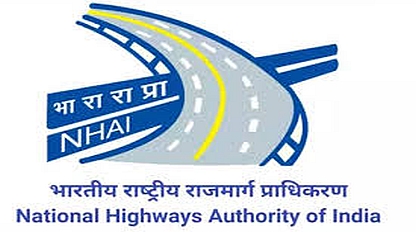
Under this MoU, NHAI will offer internship to 20 number of UG/PG students with a stipend to conduct study on National highway 66 stretch:Kundapur( Km.283.300) to Surathkal(358.686) and Nantoor(Km.1.900) to Talapady(Km.17.200). The scoup of the MoU also include the knowledge exchange among the peers.

The MoU betweent HILTI India Pvt. Ldt and MAHE was initiated on 29th November 2023. Under this agreement, Hilti and MAHE will jointly develop fastening system in construction, organise workshop and awareness program, conduct Continuous Professional Development (CPD) workshop/seminars for in-service engineers/students, students training, internship, students' projects and publications.
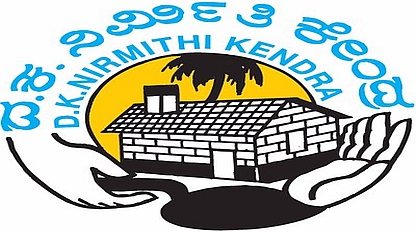
The scope of the agreement between DK Nirmiti Kendra and deparment of Civil Engineering, MIT Manipal include, the department of Civil Engineering MIT, Manipal shall make provisions to share their respective R&D facilities, permit the exchange of software and other materials. DK Nirmiti Kendra has agreed to provide internship to MIT students of department of Civil Engineering MIT Manipal.
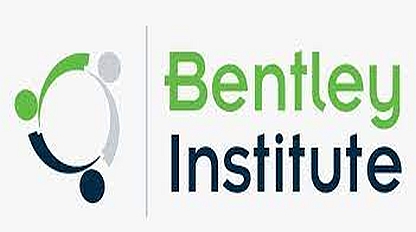
The scope of the agreement between Capricot Technologies and MAHE includes setting up BENTLEY powered laboratory in Civil Engineering department of MIT, Licensing Bentley academic subscriptions, issue “BENTLEY course completion certificate” to each of the students after completing the course successfully. Capricot Technologies will conduct virtual session on two selected Bentley products for every sem. on campus premises - once in 6 months. The virtual sessions including webinars on topics of concern is also the part of agreement.
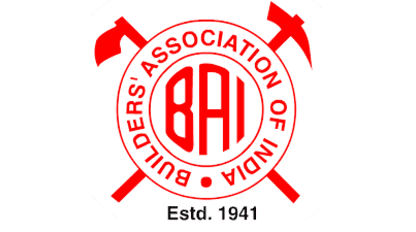
The collaborative partnership between MIT Manipal and Builders Association of India (BAI) is established with an objective of providing industrial practical educarion to students, enhancing their employability and industry readiness. BAI will facilitate internships and practical training opportunities for Civil Engineering students of MIT Manipal. Additionally, BAI will organise guest lectures, webinar, and seminars conducted by industry experts to provide students with insights into current industry practices and trends.
Faculty
Facilities
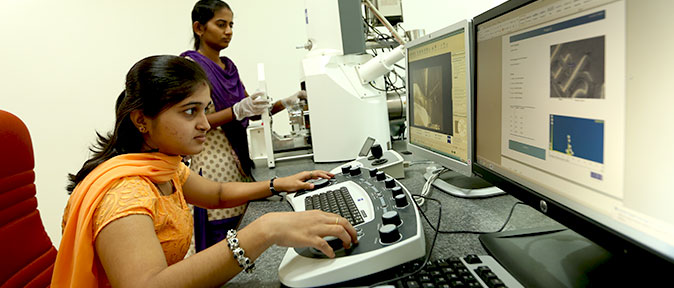
Laboratories
World-class laboratories give learning a practical dimension
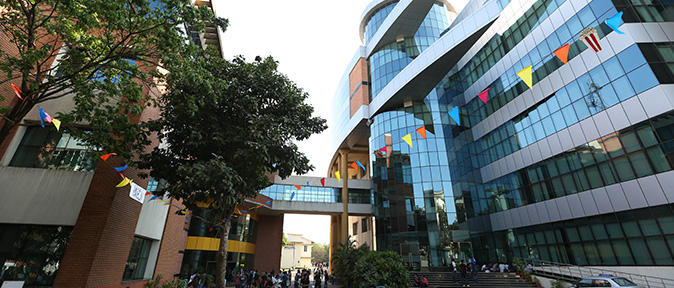
Innovation Centre
State-of-the-art Innovation Centre to facilitate multi-disciplinary research
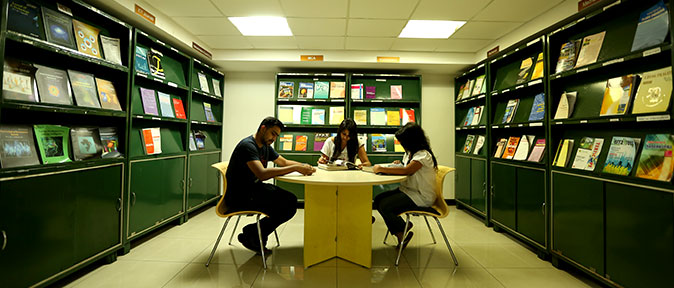
Libraries
Libraries have excellent resources for reference and study
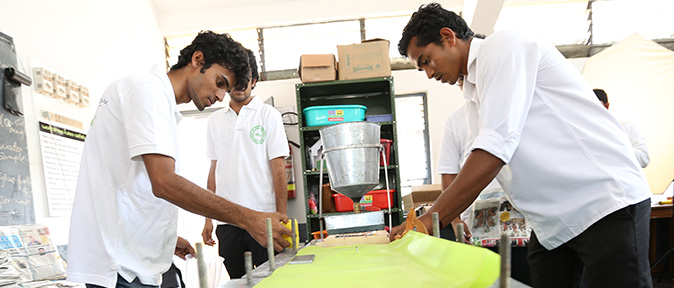
MUTBI
Paper tree - A green initiative by MIT students of MUTBI

Computing Facility
Wi-fi campus with modern computing and digital facilities
E-News Letter
Click the following link to view the half-yearly Department E-Newsletter:
Testimonials

For me MAHE is a place with ample opportunities to grow professionally and personally.
Ashna Ranjan
MIT Manipal

Learning is an awesome experience at Manipal. This is the best place to be for students.
Rudi Rajkumar
MIT Manipal

MAHE is giving us wings to fly and providing us with resources necessary to make it big in life.
Shashank Tulsyan
MIT Manipal

MAHE has taught me the value of organisation and to be systematic in all my work.
Siddharth Bhasin
MIT Manipal

My experience at MIT has been great from the beginning.
N.J.Nischal
MIT

I’m glad I choose Manipal University.
Chaitanya Chauhan
Mechanical Engineering





